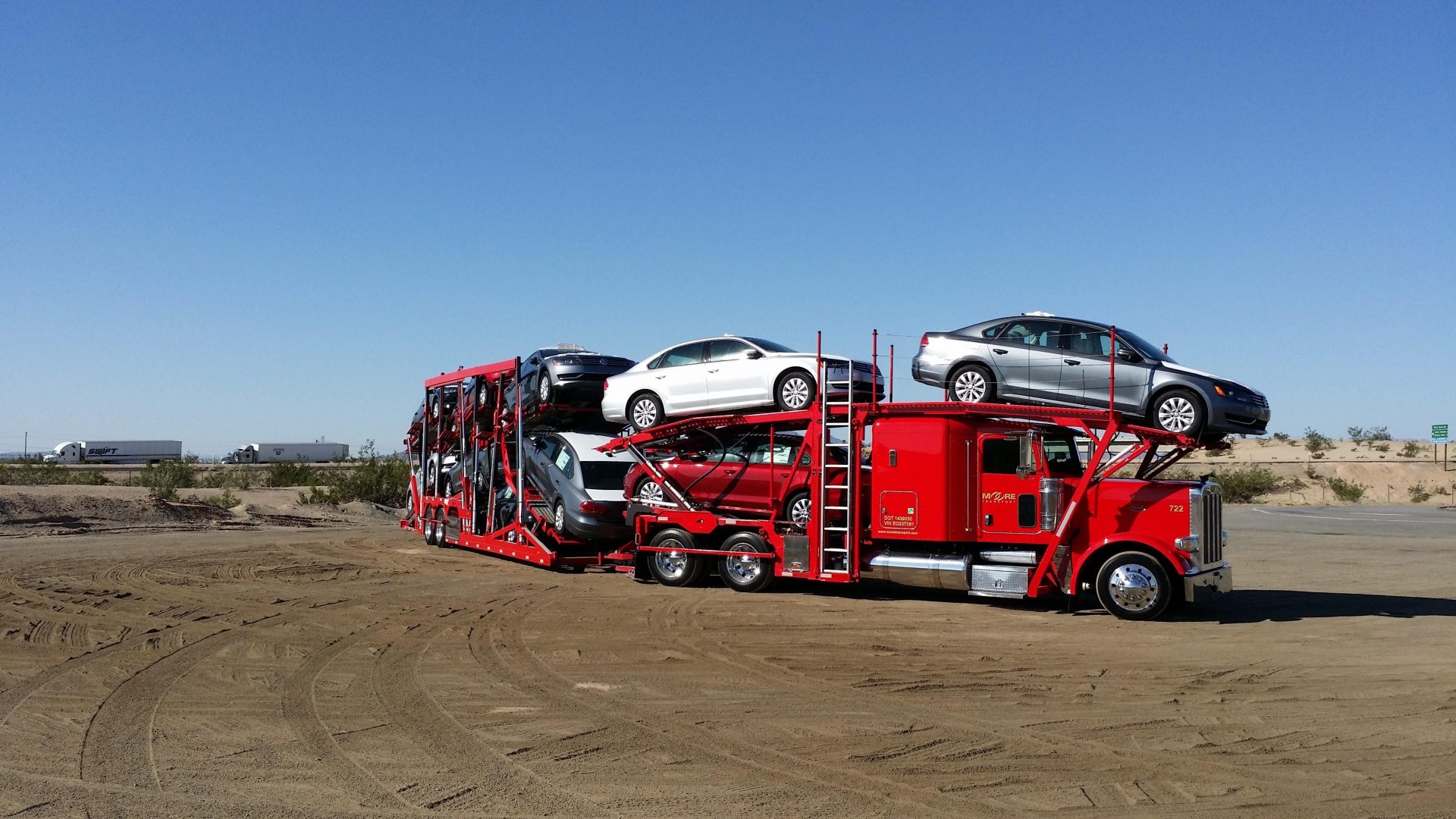Moody’s: Tariffs could hurt US car industry

Auto stocks could be poised to go up in flames.
President Donald Trump’s threat to slap fresh tariffs on car imports into the United States could weaken credit ratings for the global auto industry, Moody’s Investors Service cautioned Monday, with both Ford and General Motors taking a hit as they scaled-backed production in Canada and Mexico.
Moody’s said the new tariff threat, which was revealed Friday in a Tweet from the President, would be negative for “nearly every group in the industry”, as well as its global supply chain, which is on track to produce around 96.7 million light vehicles this year. Moody’s also said Ford and GM were notably vulnerable, given their non-U.S. manufacturing bases, and could be forced to take on increased costs as they moved production to domestic plants. U.S. dealerships, which also have a reliance on non-American imports, would also take a hit.
While the tariffs would force non-U.S. automakers to make major production adjustments, the report said American car manufacturers would be vulnerable as well, as both Ford Motor Co. and General Motors Co. import a substantial number of vehicles sold in the U.S. from Canada and Mexico.“The imposition of 25 per cent tariffs could compel Ford and GM to initially subsidize vehicles imported into the U.S., and eventually shift production back to the U.S.,” the credit ratings agency’s report said.
“Both manufacturers would need to absorb the cost of scaling back Mexican and Canadian production and moving some back to the U.S. They would also probably need to subsidize sales to offset the tariffs for a time, with higher costs eventually passed onto the consumer.”
GM shares were marked 1.24% lower in pre-market trading Monday, indicating an opening bell price of $40.74 each, a move that would leave it essentially flat for the year-to-date. GM’s pre-market move was more dramatic than Ford’s, whose shares only slipped 0.43% to $11.60, owing to the fact that 30% of its U.S. unit sales come from cars assembled in NAFTA partners Mexico and Canada, compared to 20% for its Detroit rival.
Last week, Trump threatened to apply a 20% tariff on all cars coming into the United States from the European Union and Tweeted that if Europe’s tariffs aren’t removed, he would apply the added levy to auto imports, although he did not specify how and when the charge may be put in place. His comments come on the same day that the EU imposed its own retaliatory tariffs on $3.4 billion worth of U.S. goods in response to the Trump administration’s charge in non-American steel and aluminium.
GM in particular faces increased vulnerability if hefty tariffs are imposed, the report said, as 30 per cent of its U.S. sales unit depends on imports from Canada and Mexico. Ford imports 20 per cent of its sales from its two NAFTA neighbours.
Compounding the issue for GM is its production makeup, according to Moody’s. American automakers have been forced to re-evaluate production over the last several years as passenger cars sales have steadily declined while the SUV and light-truck segment shows no apparent signs of slowing down.
Today, GM assembles its popular GMC Sierra and Chevrolet Silverado at its plant in Oshawa, Ont., as well as in Mexico, which the report says “are significant contributors to the company’s strong North America operating margins.” Meanwhile, Ford’s imports into the U.S. are largely cars, at a time when the automaker is gearing up to phase out most of its passenger car production.
Automakers outside the U.S. would also be forced to adjust domestic production rates. The report says Japan’s Toyota Motor Co. exports about 22 per cent of its vehicle produced domestically to the U.S., while Nissan Motor Co. Ltd. exports about 31 per cent of its vehicles to the U.S. About 40 to 50 per cent of Korean automakers Hyundai Motor Co. sales in the U.S. are imports, compared to 60 to 70 per cent for Kia Motors Corporation.
The report also said that the largest auto parts suppliers, such as Aurora-based Magna International, may struggle to adapt quickly changes to automaker’s production as a result of the imposition of the tariffs.

